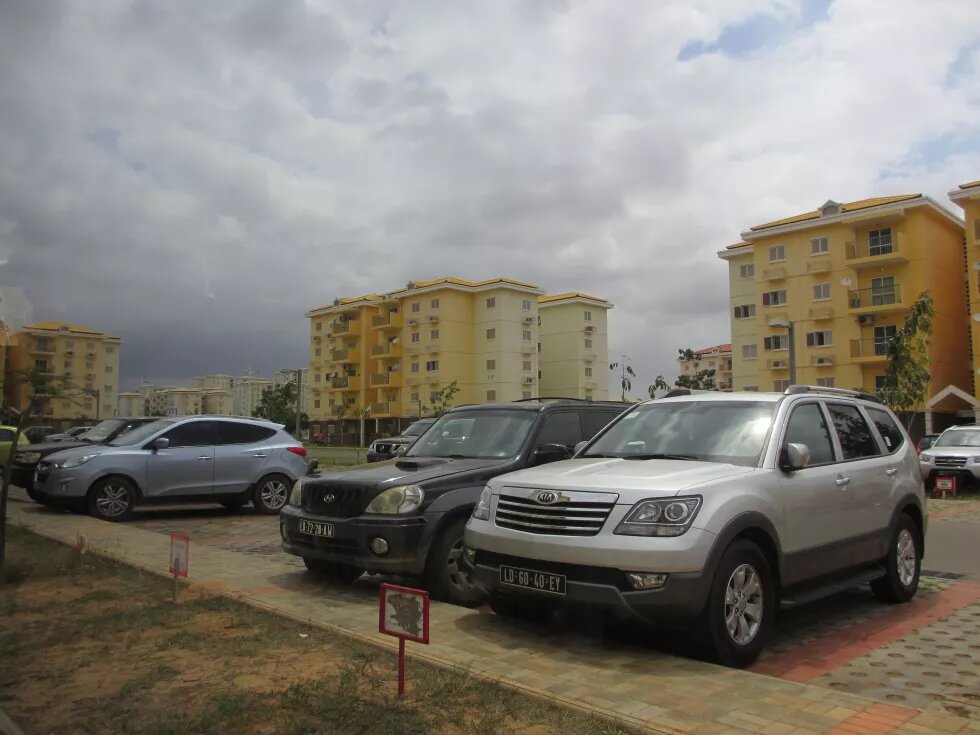
In 2008, in response to requests to create opportunities for African civil society leaders to directly discuss issues of rising mutual concerns with Chinese academics and policy advisers, Heinrich-Böll-Foundation China and East & Horn of Africa hosted the first China-Africa Civil Society Dialogue in Nairobi, Kenya. In 2010, the two offices held the second dialogue in Beijing and Zhejiang province in China. The dialogue has been continued in 2012 in Johannesburg by partnering withHeinrich-Böll-Foundation’s regional office for Southern Africa to co-organize the third China-Africa Civil Society Dialogue. In 2013, to follow up on the third dialogue, the two offices organized a field trip to Angola to look at China’s “resource-for-infrastructure” model (so called “Angola-Model”). The participants are from Chinese government think tanks, university research institutes and other seven Southern African countries.
The first dialogue quickly revealed that deeper understanding and cooperation between China and Africa would require both Chinese and Africans to conduct more in-depth case studies and field research. For this reason, since 2008 hbs has organized projects that encourage Chinese and African researchers to conduct more first-hand research on the social, economic and environmental implications of Chinese investment in Africa, particularly on Chinese investment in Africa's natural resource sectors. We hope that these projects will increase the amount of reliable data available on Chinese involvement in Africa and thus diversify global debate and strengthen international understanding of Sino-African relations.
In 2013, hbs China office published a collection of its supported field researches named “Case Studies of China’s investment in Africa” in Chinese (publication can be downloaded in Chinese here) within which, you can find five cases regarding Chinese investment in renewable sector in Kenya, Chinese investment in mining sector in Zambia, the ‘Angola model’ and Chinese investment in Bui Dam in Ghana.